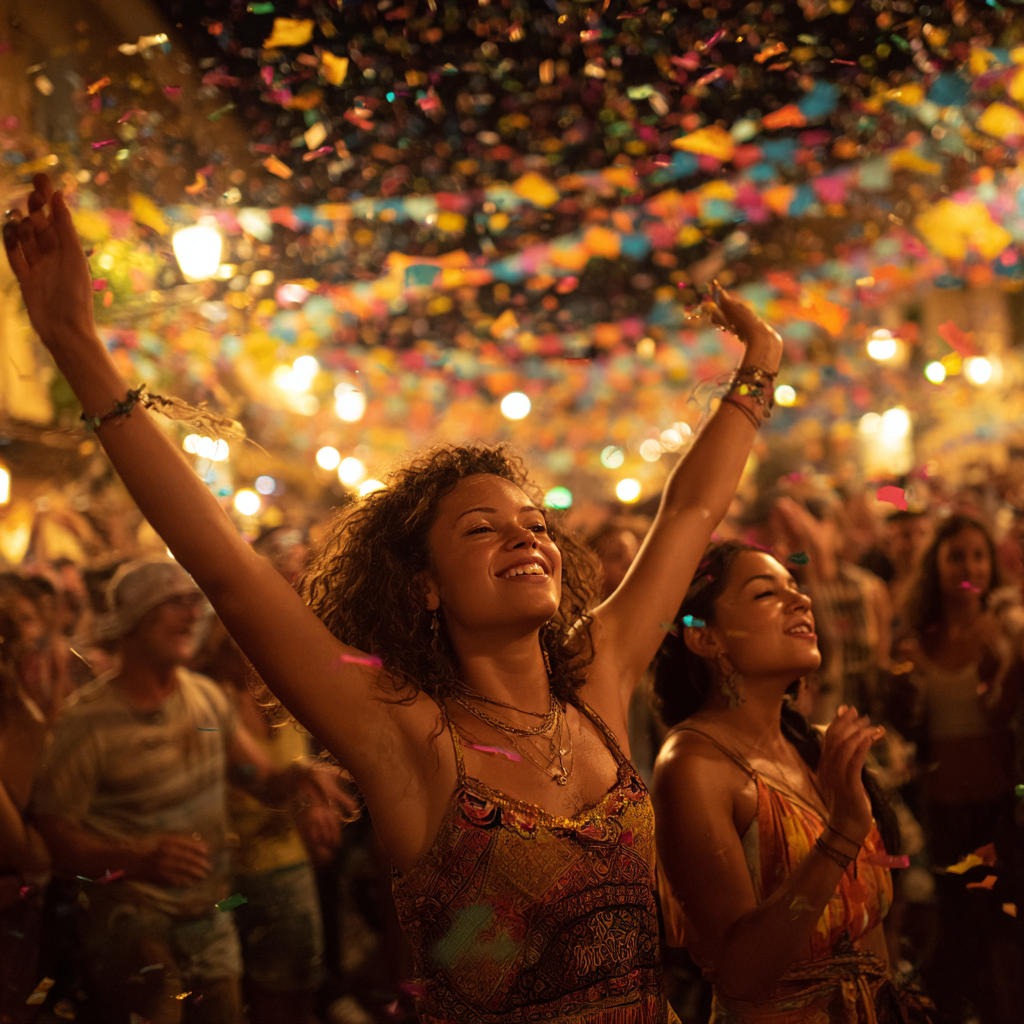Portugal Festivals: A Journey Through Tradition, Ritual, and Celebration
Portugal festivals are not merely events on a calendar — they are expressions of history, memory, and the emotional landscape of a people. They unfold in narrow streets paved centuries ago, in fishing villages shaped by tides, in hilltop towns surrounded by cork forests, and in modern cities where music echoes through river valleys. Festivals here blend joy and ritual, combining ancient customs with contemporary creativity.
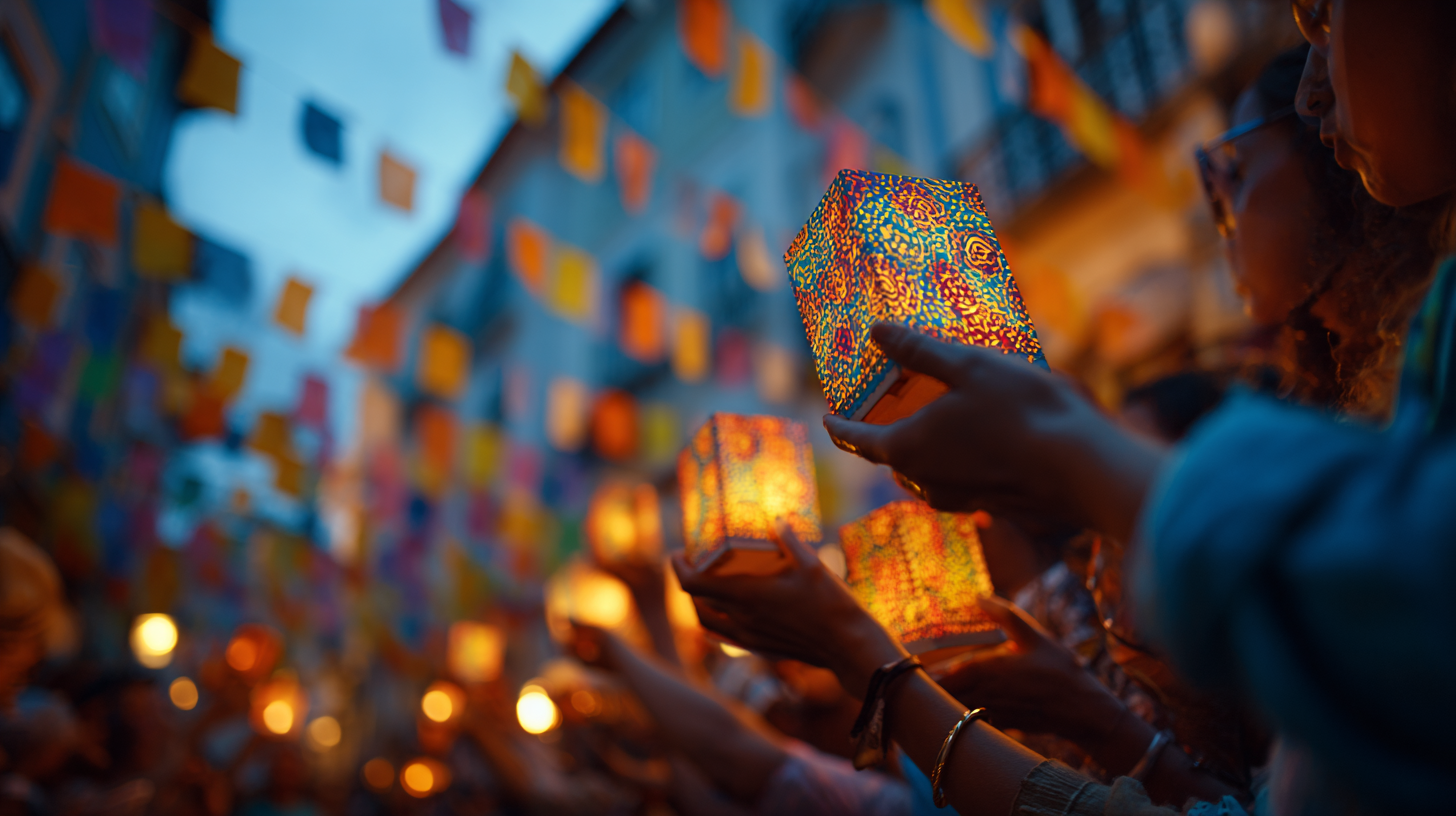
To attend a festival in Portugal is to experience a narrative that stretches from rural folklore to global cultural influence. It is to witness how communities come together through light, color, and rhythm, transforming ordinary spaces into arenas of collective celebration. The country’s festivals reveal a Portugal that is vibrant, resilient, and deeply rooted in its past — yet always willing to embrace the future.
Related: Portugal Travel Guide – 7 Cities That Reveal the Country’s Soul
Rhythms of the Seasons: How Celebration Follows Nature’s Calendar
Portugal’s festival culture is intertwined with the natural cycle of the year. Winter festivals carry the warmth of fire and tradition, spring brings renewal through ancient rituals, summer bursts with music and movement, and autumn celebrates harvest and gratitude. In rural areas, celebrations often reflect agricultural rhythms — olive harvests, grape picking, shepherd migrations. These cycles shape the emotional and spiritual life of communities, creating rituals passed down through generations.
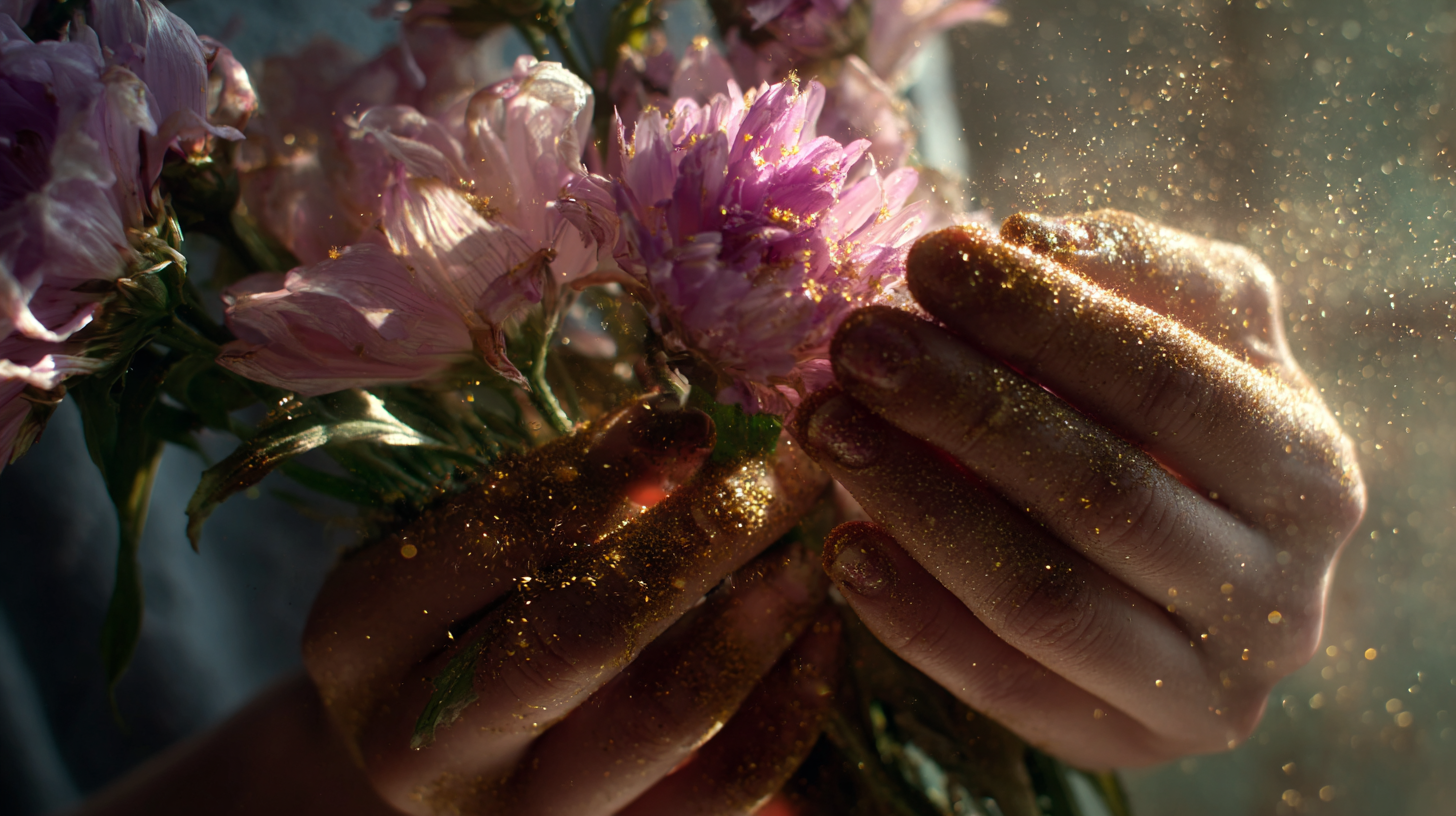
As spring arrives, flowers appear on altars, in doorways, and woven into garlands carried through village processions. The air fills with the scent of herbs and incense, marking a time of rebirth. In summer, long evenings invite outdoor gatherings that stretch into early morning, illuminated by lanterns and fireworks reflecting off rivers and sea. Autumn brings festivals celebrating wine, chestnuts, and the bounty of the land — moments when communities gather to honor both tradition and the work of many hands.
The seasonal rhythm becomes a cultural heartbeat. Portugal festivals are not separate from daily life; they emerge from the land itself, from the shifting light of the year, from the ancestry that shaped each region’s identity.
Faith and Devotion: The Spiritual Heart of Portuguese Festivals
Religion has always played a powerful role in shaping Portugal’s communal celebrations. Across the country, towns large and small dedicate processions, pilgrimages, and ceremonies to saints who embody local history and spiritual protection. But these events are never solemn alone; they merge reverence with beauty, collective pride, and a sense of continuity.
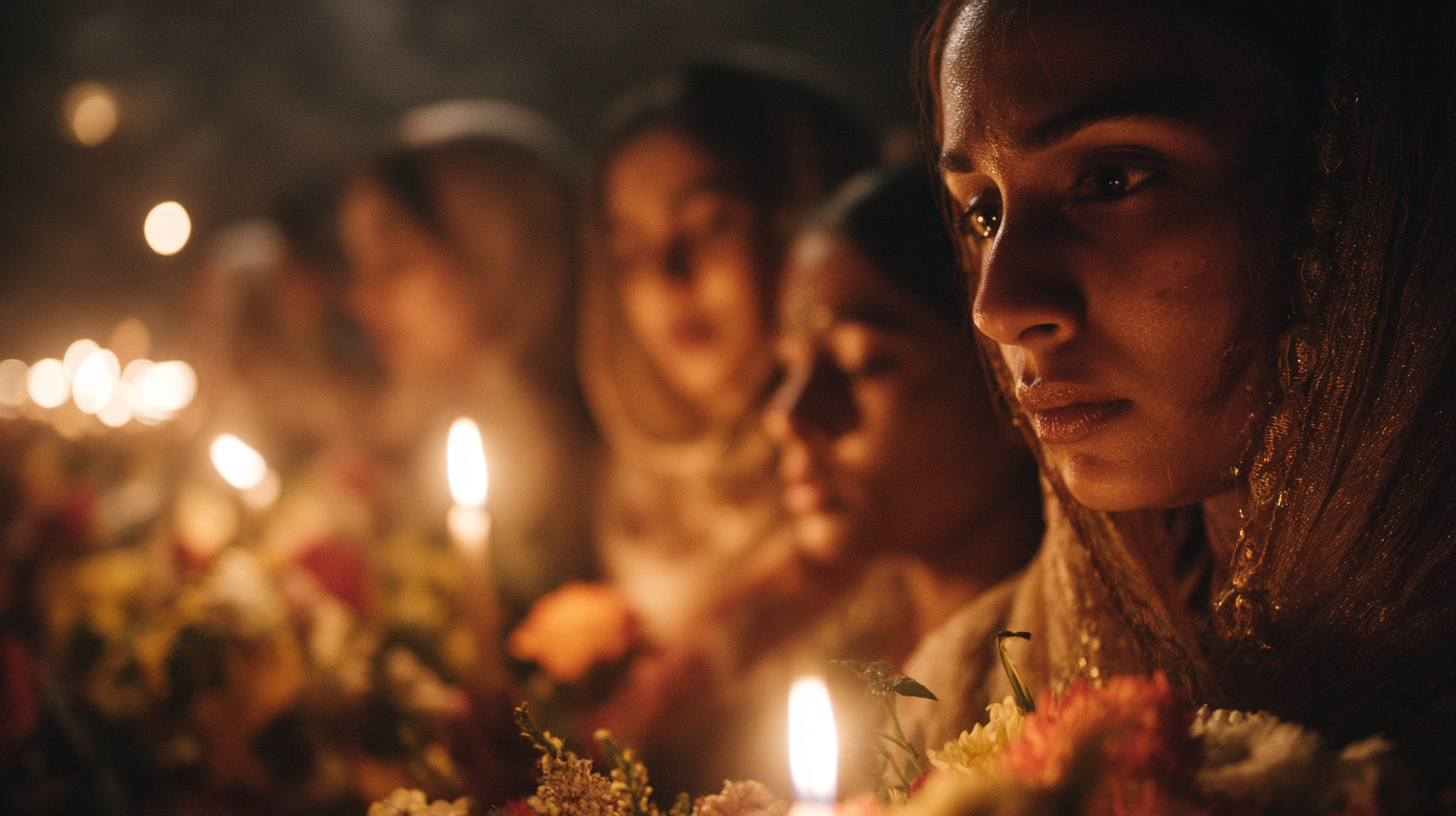
Processions often move through streets lined with flowers and candles. Church bells ring with a timbre that echoes through entire valleys. Families gather at windows, balconies, and squares, watching as statues adorned with intricate garments pass by in a mixture of solemnity and spectacle. Devotion is not performed; it is lived, felt, and shared.
These festivals reveal how religion in Portugal is expressed not only in churches but in community bonds. Each candle carried, each hymn sung, each altar decorated speaks to the nation’s deep-rooted connection between spirituality and daily life. Even visitors sense the profound emotion beneath the celebration — a cultural memory stretching through centuries of faith, resilience, and gratitude.
The Art of the Streets: Color, Performance, and Collective Creativity
Beyond spiritual devotion, many Portuguese festivals celebrate creativity expressed in the very fabric of their communities. Streets become open-air galleries where art blends with movement. Garlands drape across alleyways, paper flowers decorate balconies, and handmade lanterns illuminate plazas.
In some towns, artists spend weeks constructing elaborate decorations that transform public spaces into immersive worlds of color and light. Children learn traditional crafts at the hands of grandparents, ensuring that old techniques survive. The result is a celebration that feels handmade — crafted not for spectacle but for community pride.
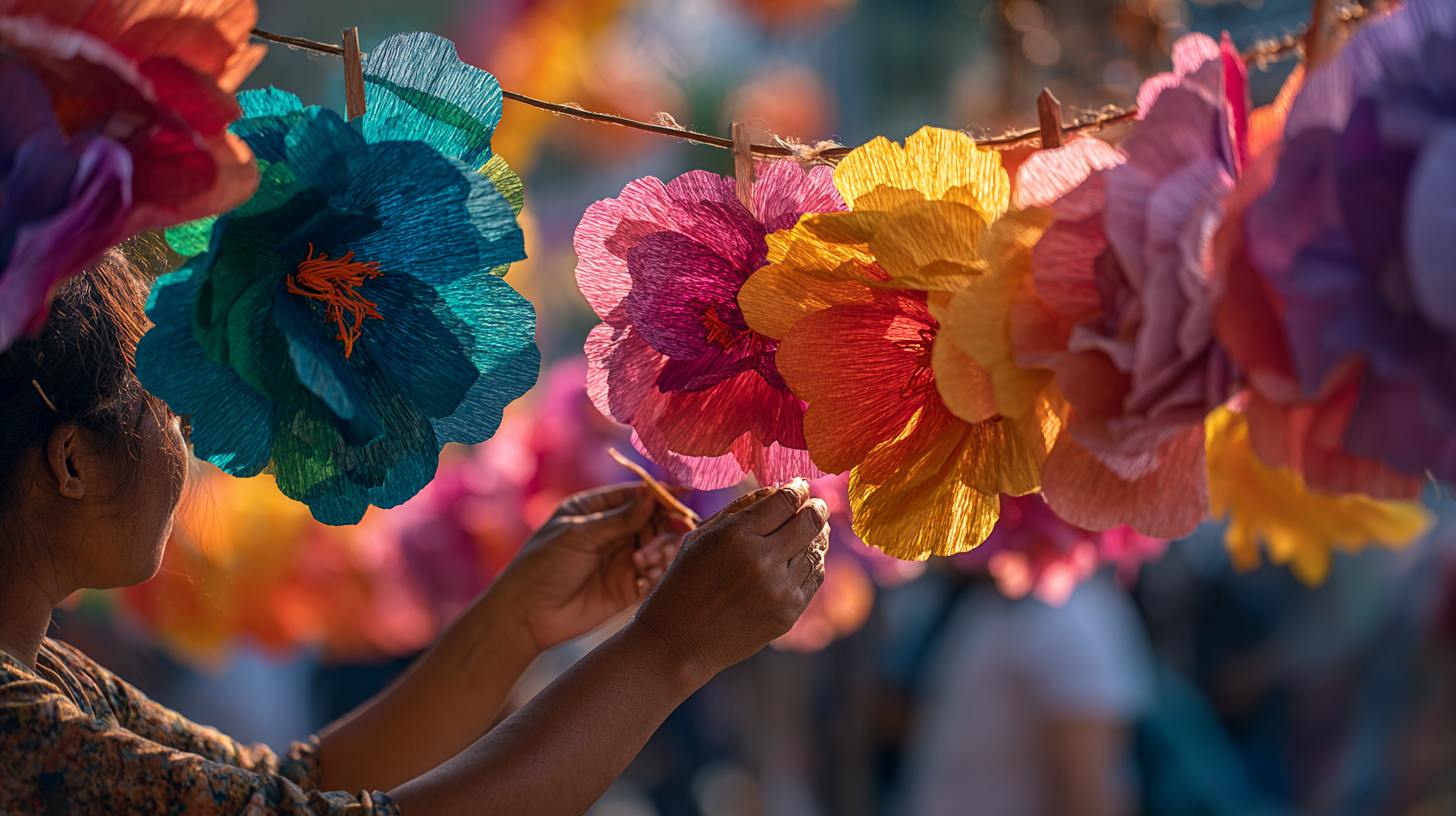
Street performances add another dimension. Folk dancers move in choreographed circles, mimicking historic labor rituals or mythological tales. Drummers and pipers create a heartbeat that reverberates through crowds. In more contemporary settings, modern street art meets traditional motifs, creating unexpected juxtapositions of old and new. These artistic elements give Portugal festivals their identity. Every decoration, every melody, every gesture reflects a community’s way of telling its own story.
Festivals of the Coast: Where the Sea Becomes Stage and Spectator
Portugal’s maritime identity is woven deeply into its festivals. Along the coast, celebrations honor fishermen, ocean spirits, and the enduring relationship between people and the sea. Towns like Nazaré, Aveiro, Peniche, and the fishing neighborhoods of greater Lisbon host events that blend pageantry with maritime labor.
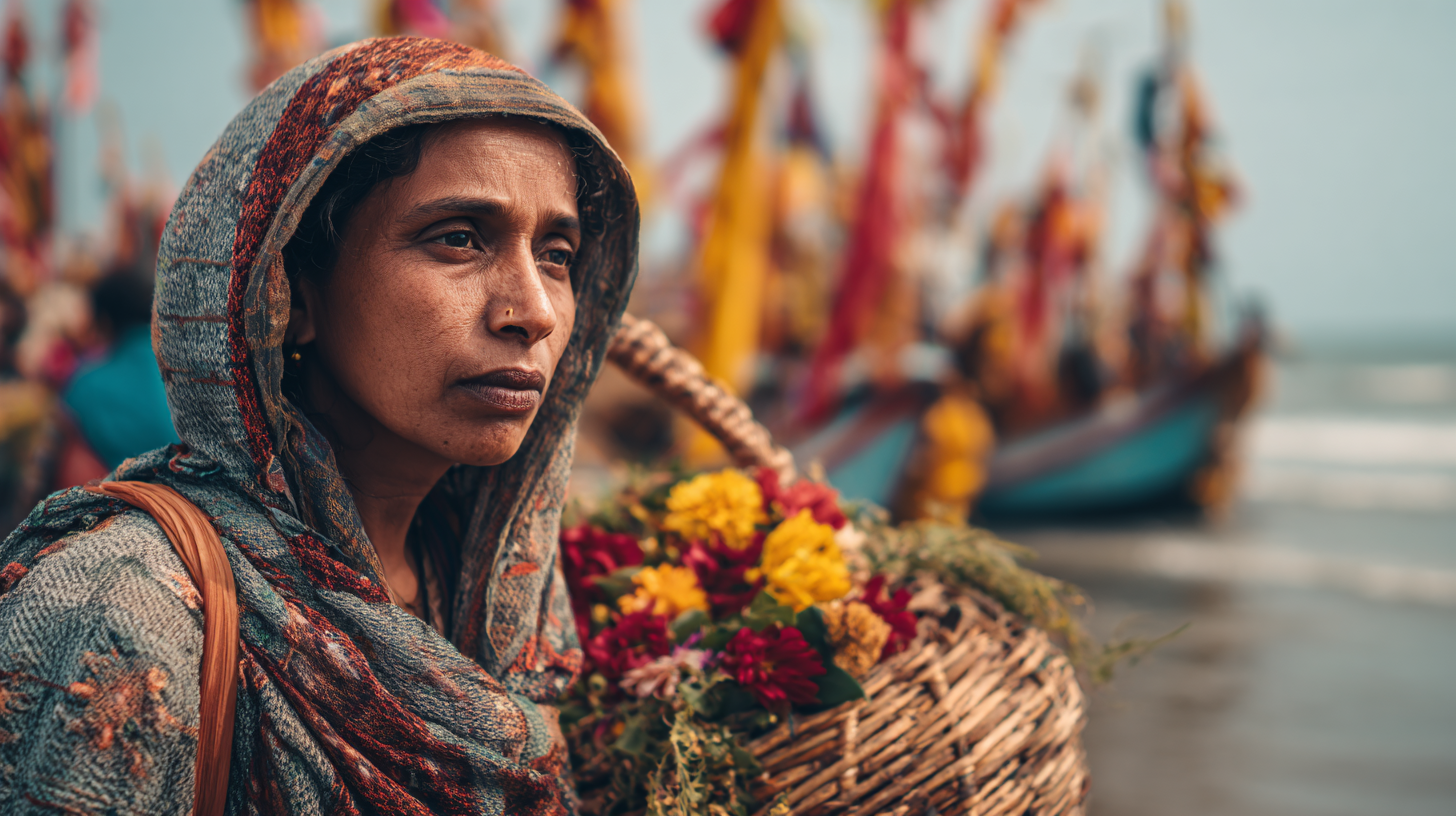
Fishing boats, freshly painted in vivid colors, parade along harbors adorned with nets, ribbons, and flags. Women wearing traditional shawls carry baskets of fish in symbolic procession, representing the role of families who supported generations of maritime workers. Bonfires blaze along beaches, their light dancing across waves as music drifts from nearby squares. Communities gather to honor the gifts and dangers of the sea — a force that sustains, challenges, and shapes life along the Portuguese coast.
These festivals reveal the intimate bond between Portugal and the Atlantic. The sea is not only a provider but a companion, a witness to joy and sorrow, a symbol of departure and return. Coastal celebrations embody this duality, blending ritual with festivity, gratitude with reverence.
Music That Moves Cities: Soundtracks of Celebration
Music lies at the heart of Portugal festivals, shaping atmosphere as powerfully as light and color. Each region carries its own sound. In the north, folk instruments blend with rhythmic clapping and lively dances performed in spacious squares. In central Portugal, the tones grow softer, shaped by pastoral traditions. On the coast, maritime melodies echo waves and wind. Even though fado is a central expression of Portuguese identity, in the context of festivals it appears more as an emotional undertone than a dominant feature — allowing the events to maintain their own unique musical flavor without repeating themes explored elsewhere.
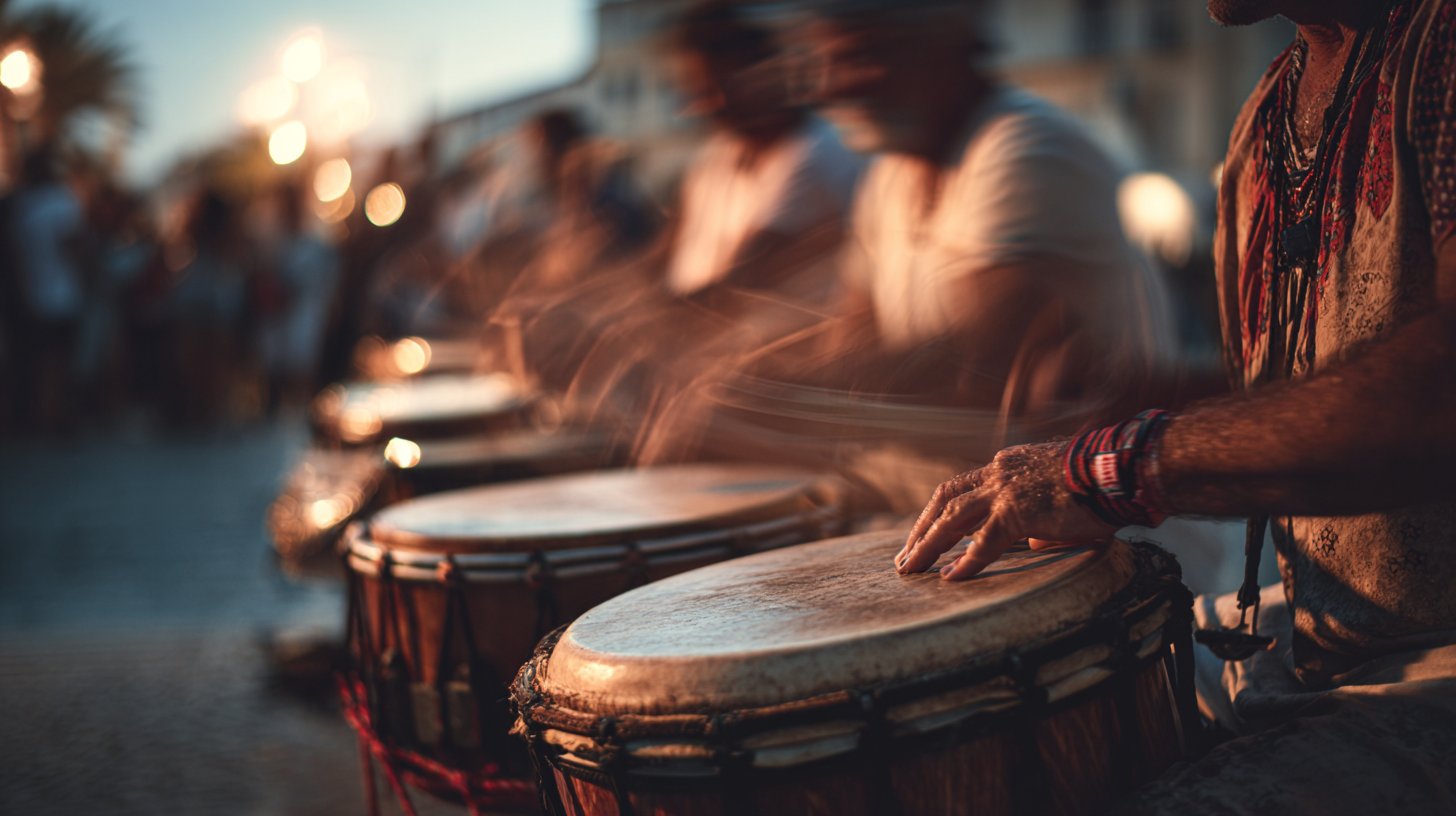
Modern festivals introduce electrifying energy with contemporary genres. Electronic sets light up beaches, indie bands play under medieval castle walls, and jazz musicians reinterpret traditional chords in innovative ways. What unites these sounds is the way they invite participation. People dance freely, moving with a lightness that feels distinctly Portuguese — expressive, warm, and welcoming.
Music becomes a bridge between generations. Elderly couples sway to songs they’ve known their whole lives, while younger crowds create new rhythms that keep tradition evolving. Every note carries echoes of the past while pointing toward the future.
Small Towns, Big Traditions: The Heartbeat of Rural Portugal
Some of the country’s most captivating festivals take place far from major cities, in villages where centuries-old customs remain central to community identity. In these places, a festival is not an event staged for visitors but a gathering that strengthens ties within families and neighborhoods.
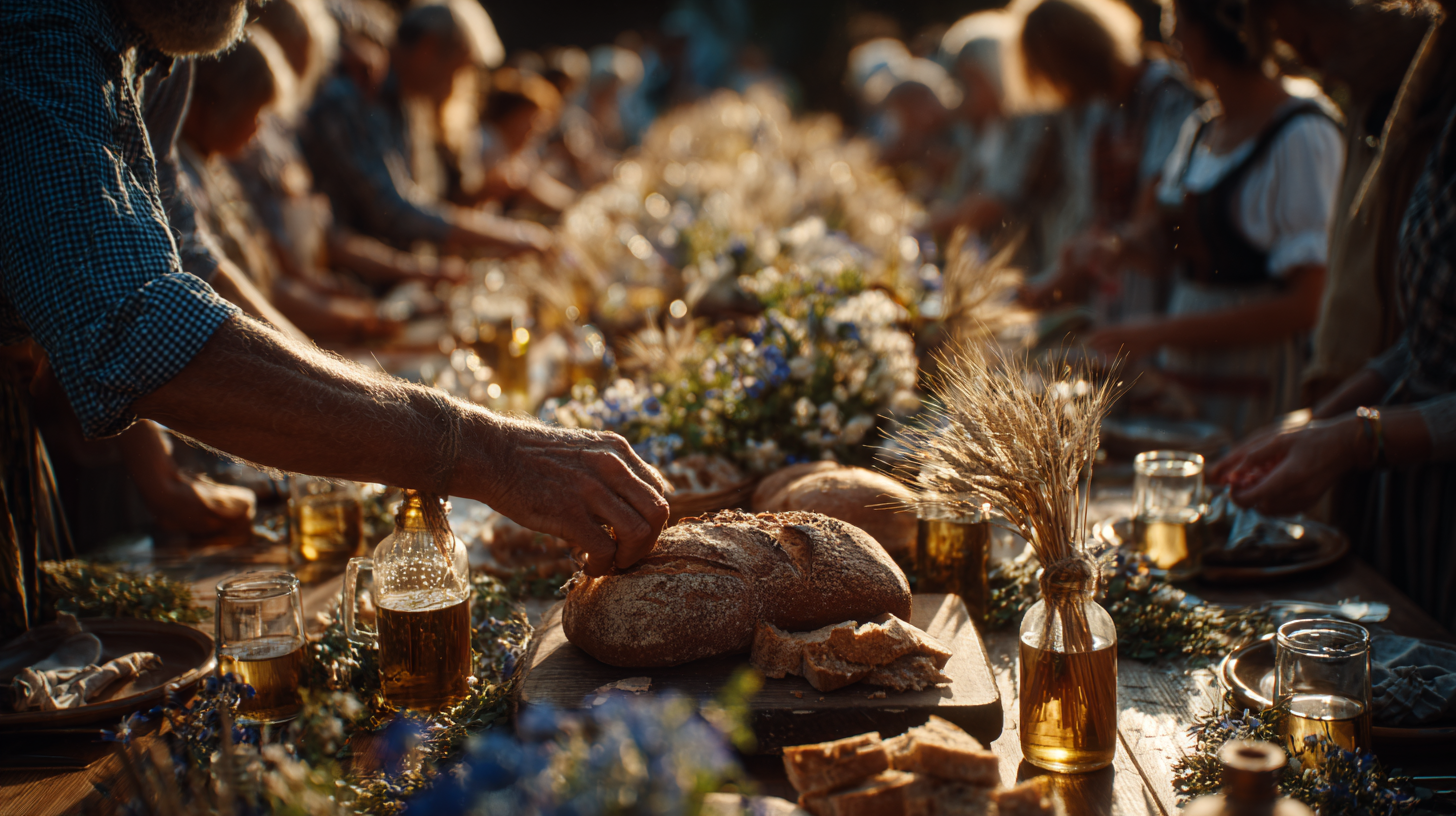
Preparations begin weeks in advance. Tables are set in long rows across plazas, meals are prepared collectively, and decorations emerge from homes that have practiced the same rituals for generations. Elders teach younger participants how to carry icons, dance in processions, or recite traditional verses. Visitors are welcomed not as outsiders but as guests invited into a living heritage.
Rural festivals often highlight agricultural life — grape harvests, olive picking, shepherd migrations — connecting celebrations to the rhythm of the land. The bond between nature and community becomes especially clear as people share local wine, bread, cheeses, and meats produced in the same fields that shape their traditions. In these small towns, festivals feel less like performances and more like homecomings.
Fire, Light, and Nightfall: When Festivals Transform the Atmosphere
As daylight fades, many of Portugal’s festivals transform. Lanterns glow in windows, candles line church steps, and bonfires illuminate open spaces. Nighttime celebrations carry a special magic — a sense that the ordinary world has been suspended. Street shadows blend with the flicker of flames, creating a dreamlike environment where music becomes softer or more intense depending on the celebration.
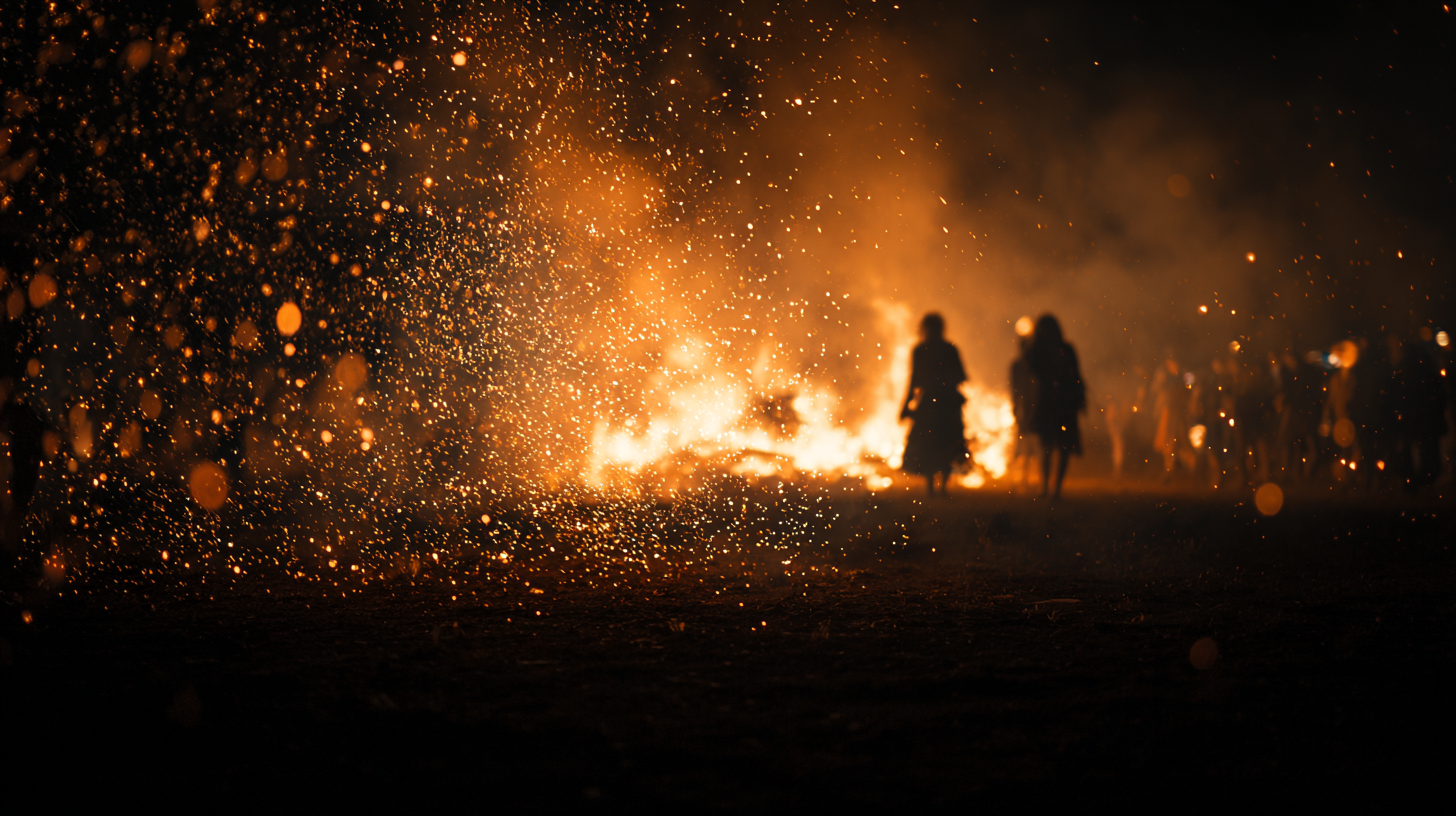
Fire has long held symbolic power in Portuguese festivals. It represents purification, transition, and the shared warmth of community. Children carry small lanterns, families gather around open-air stages, and fireworks paint patterns above rooftops.
The combination of night, light, and collective movement generates an atmosphere of mystery. Visitors often describe these nighttime moments as unexpectedly moving — not because of spectacle, but because of the feeling of being part of something ancient and communal.
Festivals at night embody Portugal’s emotional depth. They are celebrations of light guiding people through darkness, of stories kept alive through generations, of memory expressed through ritual.
Modern Portugal: Innovation Inside Tradition
While Portugal’s festival culture is rooted in history, it is not static. Modern events reinterpret tradition through contemporary perspectives. Urban arts Portugal festivals transform industrial spaces into cultural arenas. Food festivals celebrate new interpretations of old flavors. Music events blend international artists with local talent. Yet even the most innovative festivals retain a thread connecting them to Portuguese identity — through craftsmanship, hospitality, or the emotional undertone that characterizes national culture.
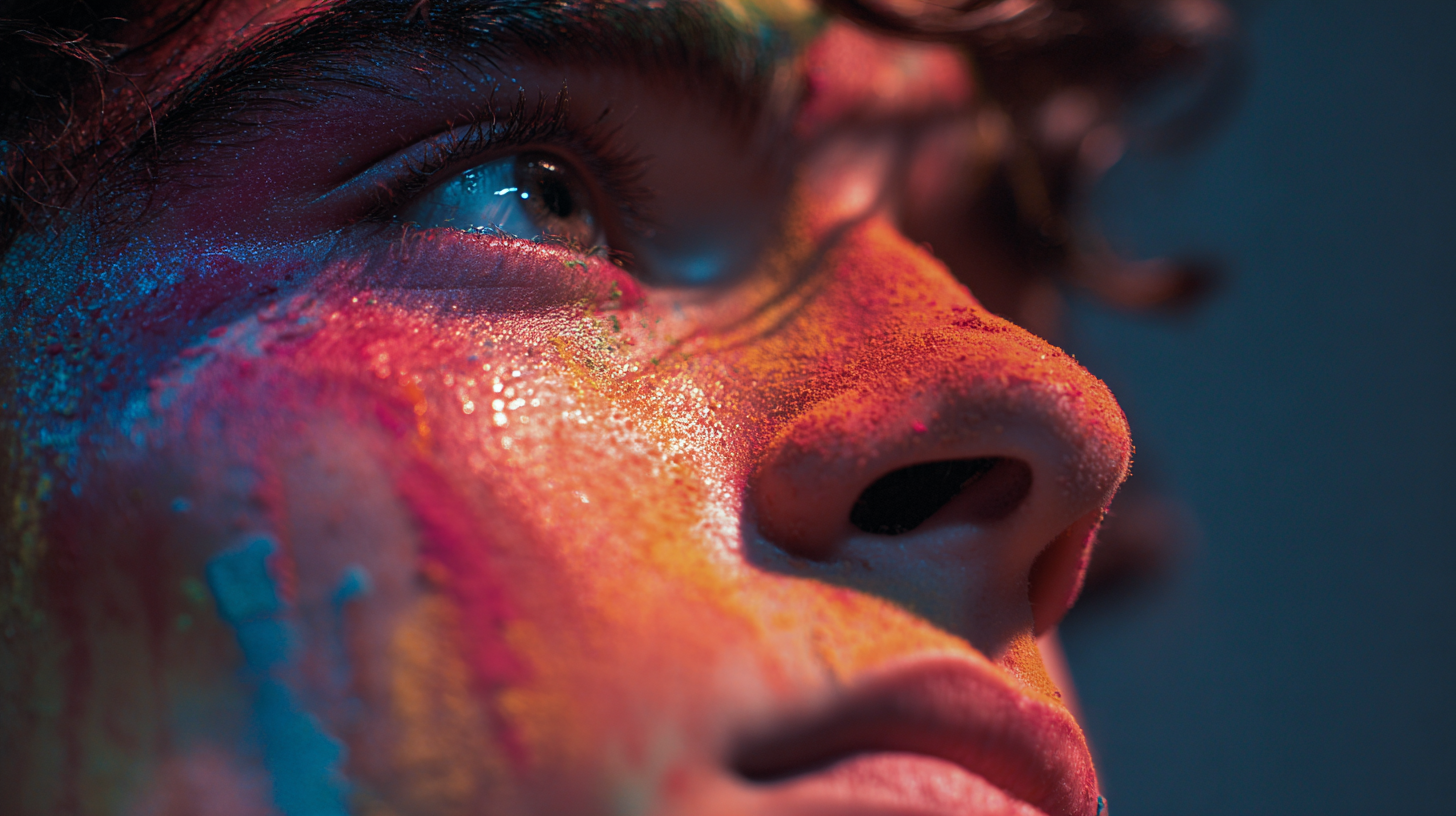
Cities like Lisbon and Porto host cutting-edge celebrations that attract global audiences. These events highlight the creativity of a country that respects its heritage while embracing the modern world. Whether through digital art, contemporary music, or interdisciplinary performances, modern Portugal festivals expand the narrative of Portuguese culture without overshadowing its past.
The coexistence of old and new creates a dynamic cultural ecosystem. Portugal’s festivals do not live in the past; they grow with the people who participate in them.
Conclusion
Festival culture in Portugal is an invitation — to experience emotion, history, and community through moments of shared celebration. From coastal towns honoring the sea to inland villages preserving ancient agricultural rituals, from spiritual processions shaped by devotion to modern events fueled by creativity, Portugal’s festivals reflect the country’s layered identity.
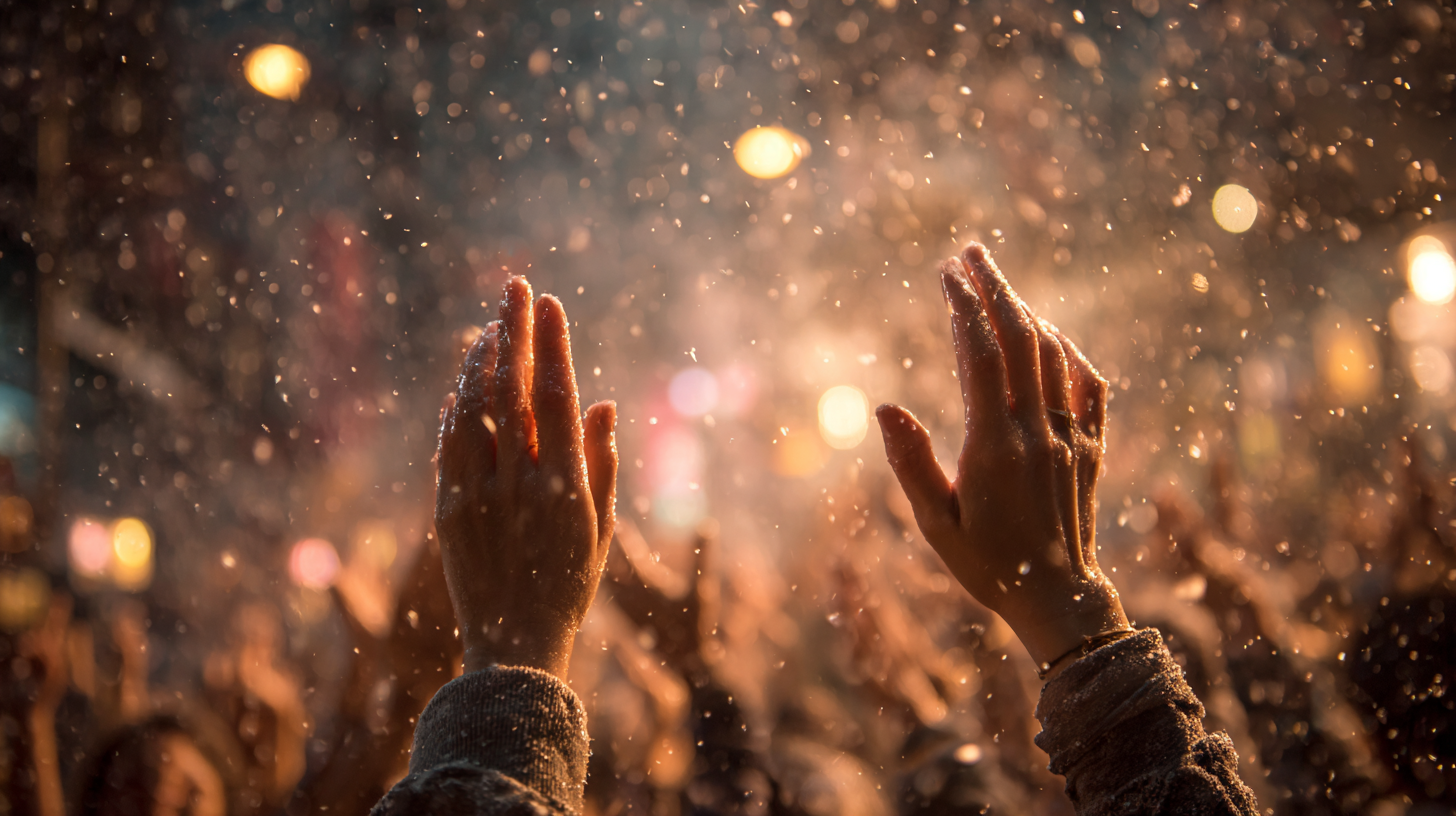
They reveal a nation that values connection, memory, and the simple joy of being together. They show how traditions survive not through preservation alone but through participation — through voices singing, hands crafting, feet dancing, and hearts gathering. To wander through a Portugal festival is to witness a living expression of cultural heritage, where past and present intertwine beneath open skies.
Portugal’s festivals remind travelers that celebration here is more than entertainment. It is a shared language — one spoken through music, movement, light, and community — a language that captures the soul of a nation that has always known how to transform time into ritual and ritual into meaning.
For official event dates and cultural programs, visit Visit Portugal, the country’s national tourism authority.
